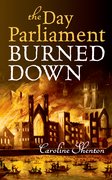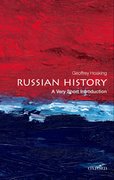The death of Edmund Spenser
By Andrew Hadfield
Writing to his friend Dudley Carleton on 17 January 1599, the enthusiastic correspondent John Chamberlain (1553-1628) noted that “Spencer, our principall poet, coming lately out of Ireland, died at Westminster on Satturday last.” Chamberlain’s testimony confirms that Spenser died on 13 January. Chamberlain is a good recorder of court gossip and a barometer of what interested the upper echelons of London society.






